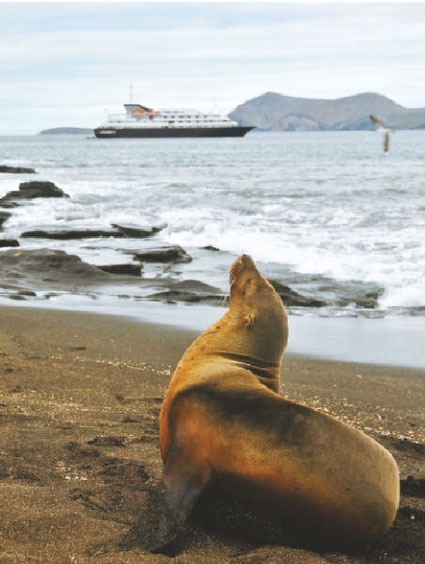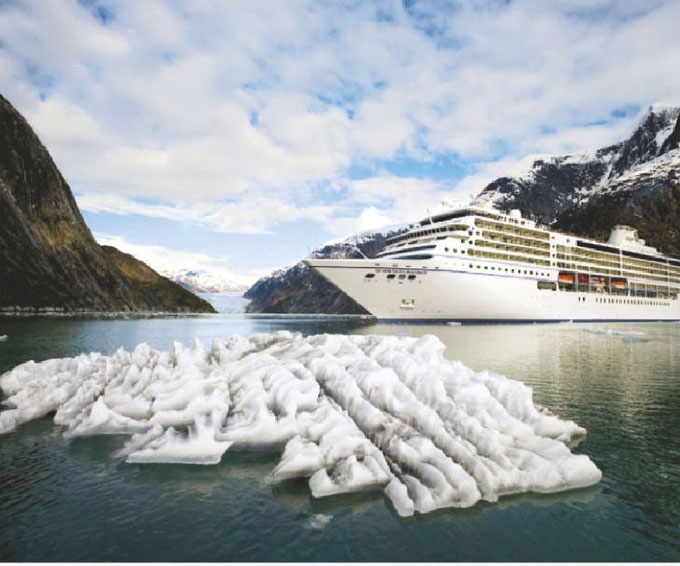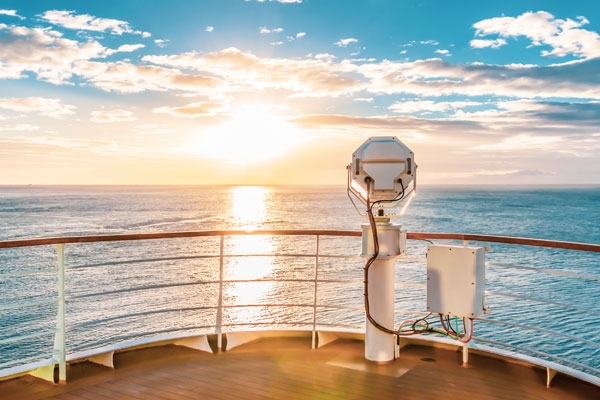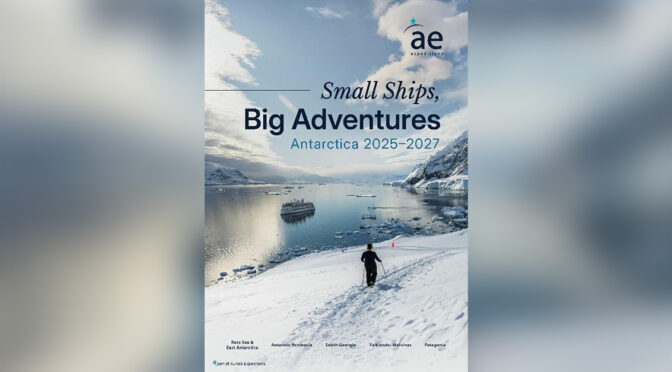In Focus: Cruising into the future
Pre-pandemic, the cruise industry was in the midst of a boom. Some 32 million passengers were expected to take a cruise in 2020 and 19 new ocean ships were due to enter service, including Silversea’s Silver Moon and Celebrity Cruises’ Celebrity Apex.
But then coronavirus hit. As the pandemic took hold, countries, borders and ports closed, and cruising ground to a halt. Members of Clia voluntarily suspended sailings in March and nearly all lines have cancelled voyages into next year. As Aspire went to press, the Foreign Office was still advising against ocean cruising and cruise bodies were calling on the government to issue a clear timeline for the sector’s resumption.
In October, the UK Chamber of Shipping and Clia unveiled a framework to help cruise companies put together health and safety protocols. It was deemed a “vital first step” towards the return of sailings out of the UK.
Similar steps are being made across the pond. A set of protocols was submitted to the US Centers for Disease Control and Prevention (CDC) by a Healthy Sail Panel. Following this, the CDC lifted its No Sail Order, ending a seven-month ban, but replacing it with a Conditional Sailing Order detailing a phased approach to the resumption of service.
What’s more, several coronavirus vaccines have been found to be up to 95% effective, sparking fresh hope of a viable road to recovery for the entire travel industry.
As a result, agents selling luxury cruise are reporting strong booking volumes for 2021, 2022 and even 2023.
But what does the luxury sector look like post-pandemic, and what are cruisers really looking for when they get back on board?
The future is small
As travellers seek to socially distance, smaller ships are expected to become popular. A survey by Mundy Cruising found that 30% of luxury cruisers plan to downsize once travel restrictions are lifted, with the majority of respondents planning to travel on ships carrying 50-500 guests.
Luckily, the luxury sector is well set up. Small ships have always been a hallmark of the sector, offering more space, fewer people and a higher ratio of staff to guests. “From a pandemic point of view, small ships are good because you’ve got the space, you’re going to be able to distance and you’re likely going a little bit away from the crowds and off the beaten track,” says Mundy Cruising managing director Edwina Lonsdale.
Stefan Shillito, managing director of The Sovereign Cruise Club, agreed, maintaining that the sector’s wealth of small ships – and their bands of loyal followers – was the reason why bookings for next year were looking so promising. “The big success is luxury small-ship cruising; trusted brands people are familiar with,” he says. “People aren’t asking a huge number of questions about what life is like on board because they trust the brands they know and love to get it right.”


Go big or go home
Bucket lists and a desire to travel for longer are also expected to influence the way people book cruise. Agents reported high demand for bucket-list destinations such as the Galápagos and Machu Picchu, long-haul trips to Asia, North and South America and the Caribbean, and expedition voyages to Alaska and Antarctica.
“Until a few months ago we all viewed travel as a right and there was nothing going to impede on that apart from our own physical or financial health,” Shillito adds. “Now we’ve realised travel is a privilege and that you may not have as many years as you thought to get everything done, so people are booking destinations and experiences on their bucket lists more rapidly than they were before.”
Interest in expedition cruise, which was enjoying significant growth pre-pandemic, appears particularly unaffected by Covid-19. While searches on Mundy Cruising’s main website are down compared with this time last year, its adventure cruise arm has been consistently up during the pandemic – something Lonsdale puts down to new product from the likes of Silversea and Seabourn. “What we’re finding is a lot of rejigging of priorities,” she adds.
Stick to what you know
That’s not to say closer to home and ex-UK cruises aren’t enjoying demand too. Alison Earnshaw, managing director of Six Star Cruises, says agents should be mindful of the two “extremes” emerging among cruisers – those who have been incentivised by the virus to tick everything off their bucket list, and those who still remain cautious about venturing farther afield. “When the vaccine announcement came out, we actually had a little flurry of bookings, so clearly there were customers who were waiting for a little bit more confidence on that,” she says.
The cruise lines seem to agree too. Lisa Lutoff-Perlo, chief executive and president of Celebrity Cruises, says: “You’ve got a varying level of interest based on people’s desires to be patient. You’re going to have some people who want to stay fairly close to home and do short cruises, just to start testing the water again, so those cruises are seeing some really nice demand.”


Playing the long game
Whether clients are looking for short or long haul, one thing is for certain: they’re likely to be booking further ahead than usual. Lines such as Regent Seven Seas Cruises, Oceania Cruises, Azamara and Cunard have already released their 2022 itineraries and agents are reporting an even spread of bookings across 2021 and 2022, with some clients booked for 2023.
“People are choosing to book further out because customers are not 100% sure what’s going to happen in the first half of next year,” says Earnshaw. “We’ve been really surprised by the amount of interest in the Regent and Oceania 2022 itineraries, so that backs up [the idea] that customers do want to travel, there is pent-up demand, but they want to book further out.”
The industry still has many issues to overcome, something that was underlined by a recent Covid outbreak on a SeaDream ship during its first cruise in the Caribbean. But the good news is that agents are reporting strong demand and say the majority of regular cruisers remain unperturbed by the virus. Couple that with the frameworks created in the UK and US, and the progress being made on the vaccines, and the industry is seemingly heading in the right direction.
Ask the expert
“Measures such as a reduced capacity on board and social distancing may hardly be noticed by luxury cruise goers, as they will already be familiar with sailing on a ship that carries a small number of guests. And while other health and safety measures, such as testing and the use of face coverings, will mean that luxury cruises will differ slightly to what travellers are used to, what will not change is the fantastic service provided by crew and the unique experiences that only a luxury cruise holiday can provide.”
- Andy Harmer, director, Clia UK & Ireland




